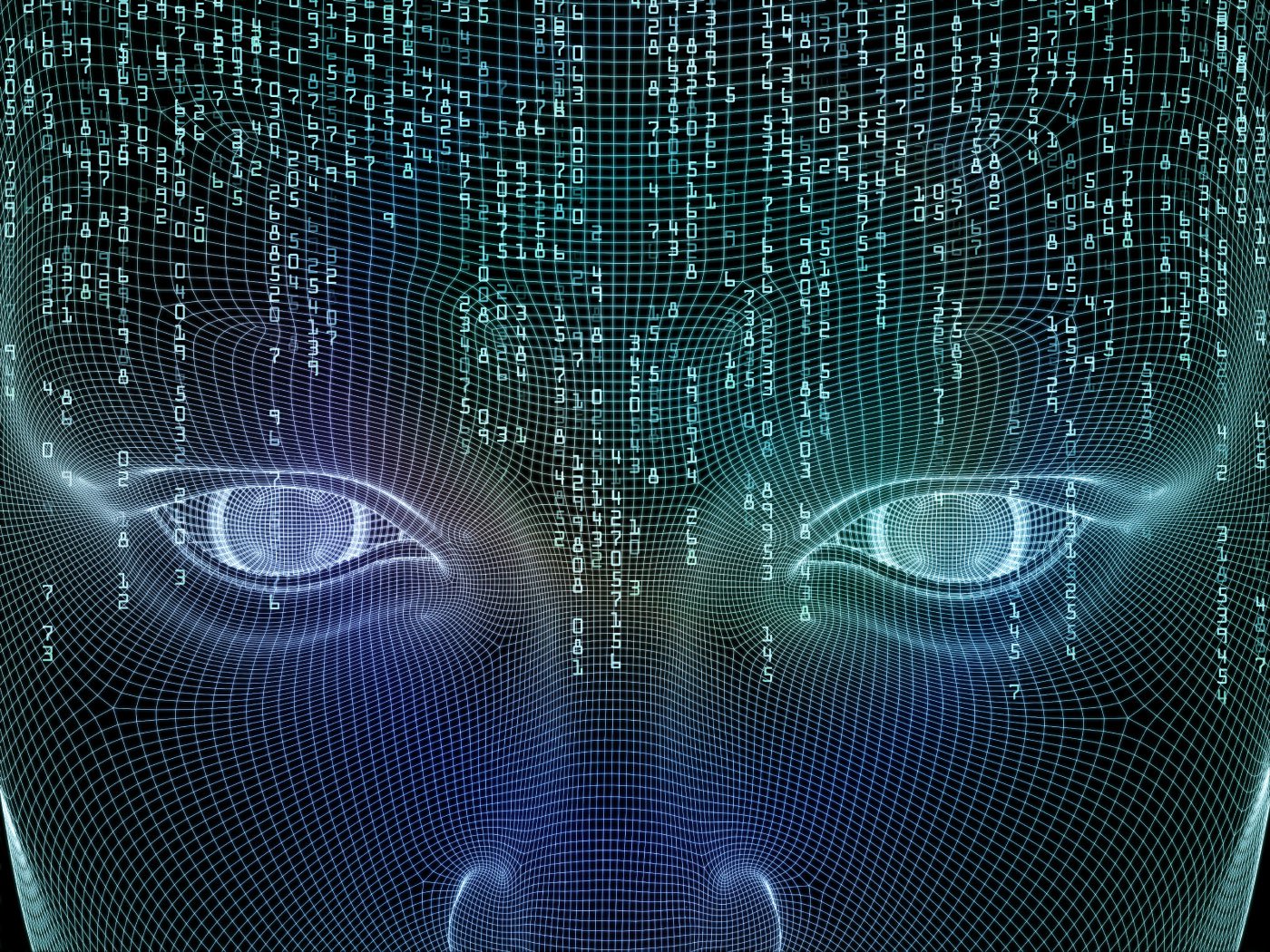Source:- forbes.com
Recently San Francisco passed – in an 8-to-1 vote — a ban on local agencies to use facial recognition technologies. The move is likely not to be a one-off either. Other local governments are exploring similar prohibitions, so as to deal with the potential Orwellian risks that the technology may harm people’s privacy. “In the mad dash towards AI and analytics, we often turn a blind eye to their long-range societal implications which can lead to startling conclusions,” said Kon Leong, who is the CEO of ZL Technologies.
Yet some tech companies are getting proactive. For example, Microsoft has indicated there should be regulation of facial recognition systems (although, not a straight out ban). The company even declined a request to sell its own technology to a police department in California.
Keep in mind that — even with the strides in AI — there are still problems with the technology. There are numerous cases where it has given off false positives.
“Before AI, the saying was: ‘Big brother is watching you, but he can’t see,’” said Stefan Ritter, who is the Chief Product Officer and co-Founder of Ruum. “In essence, it meant we had CCTV everywhere recording us, but in reality, it was not taking away our freedoms or rights — yes we were being taped, but in effect police only turned to the recordings when there was a crime severe enough to merit the many hours of painstakingly going through video recordings. However, with AI-powered facial recognition for social control, we could come dangerously close to a ‘Minority Report’-esque future, where neural networks could, in theory, recognize crimes before they happen. ‘Innocent until proven otherwise’ is one of the founding principles of the democratic state, so it’s crucial that we have a broad discussion about how we want to leverage AI in our social systems.”
Now of course, there are many benefits to facial recognition systems. They can be leveraged to identify diseases in MRIs or to even help predict crashes before they happen.
But then again, there really needs to be a focus on the unintended consequences. In fact, if there are high-profile mishaps, the result could be a stunting of AI’s progress.
“The San Francisco city government is setting a positive example by banning facial recognition technology,” said Asma Zubair, who is the Sr. Manager of IAST Product Management at Synopsys. “While it’s a good start, we must also recognize that the use of facial recognition in the private sector continues to grow. While the technology has improved greatly in recent years, there are known weaknesses when recognizing certain groups of people. As the adoption of facial recognition technology grows, raw video footage will become more easily available as structured data that includes biometric information and personally identifiable information will likely be stored in a searchable format — for example, names, location, time, date and so on. This structured data may be retained for periods of time which makes it susceptible to breaches and misuse. With so many data privacy breaches in the headlines already, organizations clearly aren’t ready to use facial recognition in a safe, secure, and responsible manner.”
